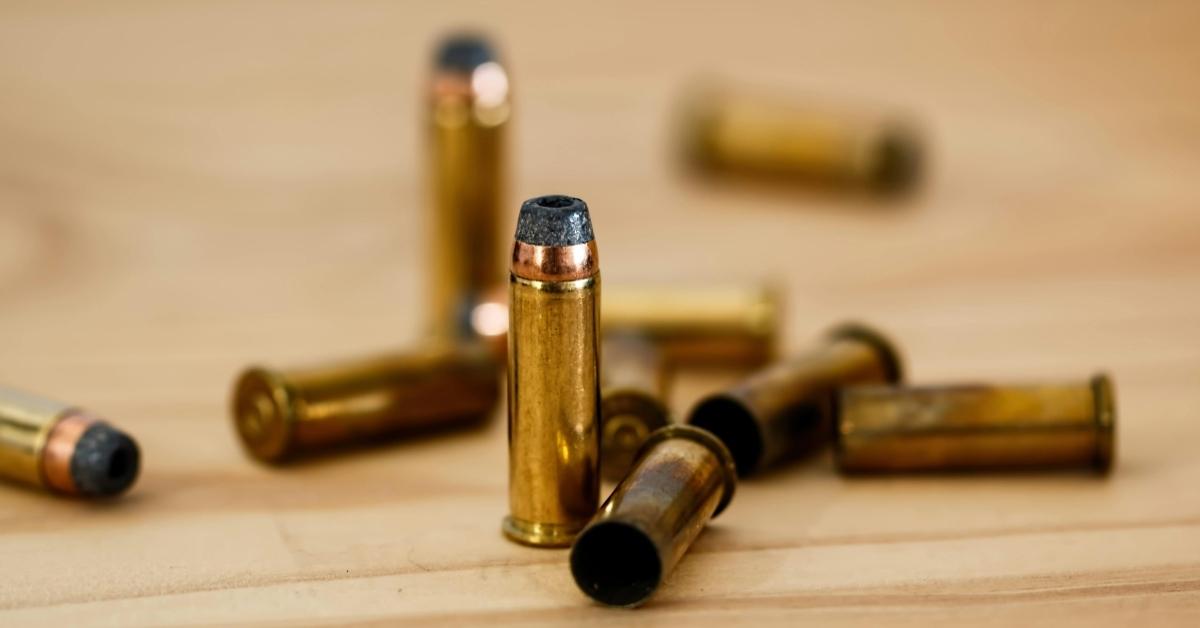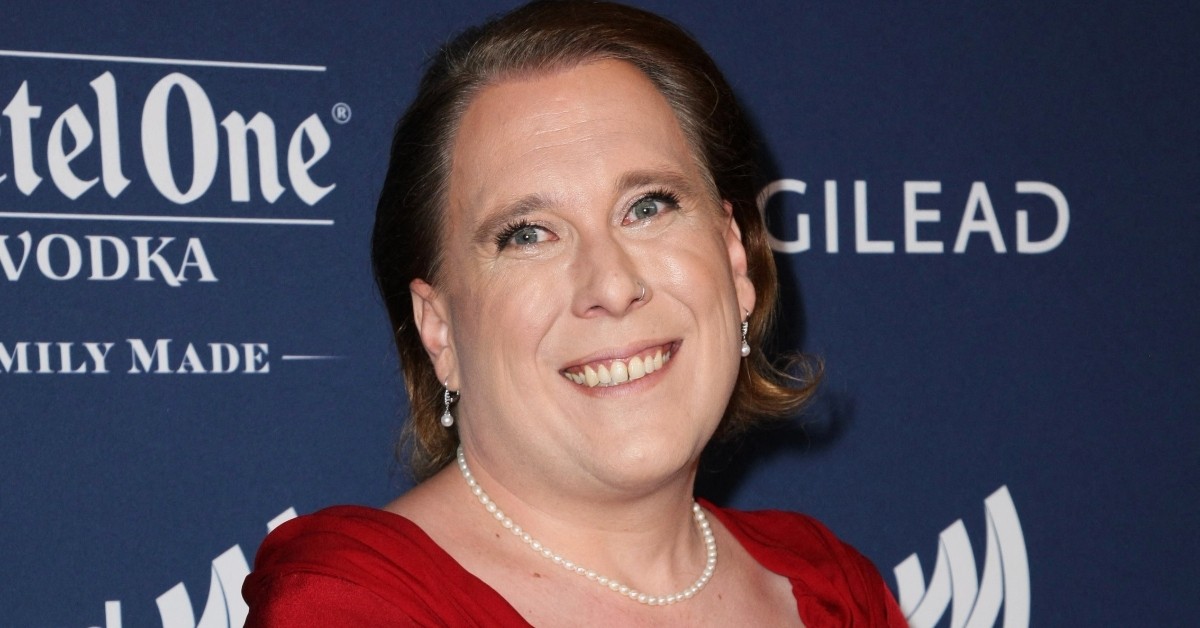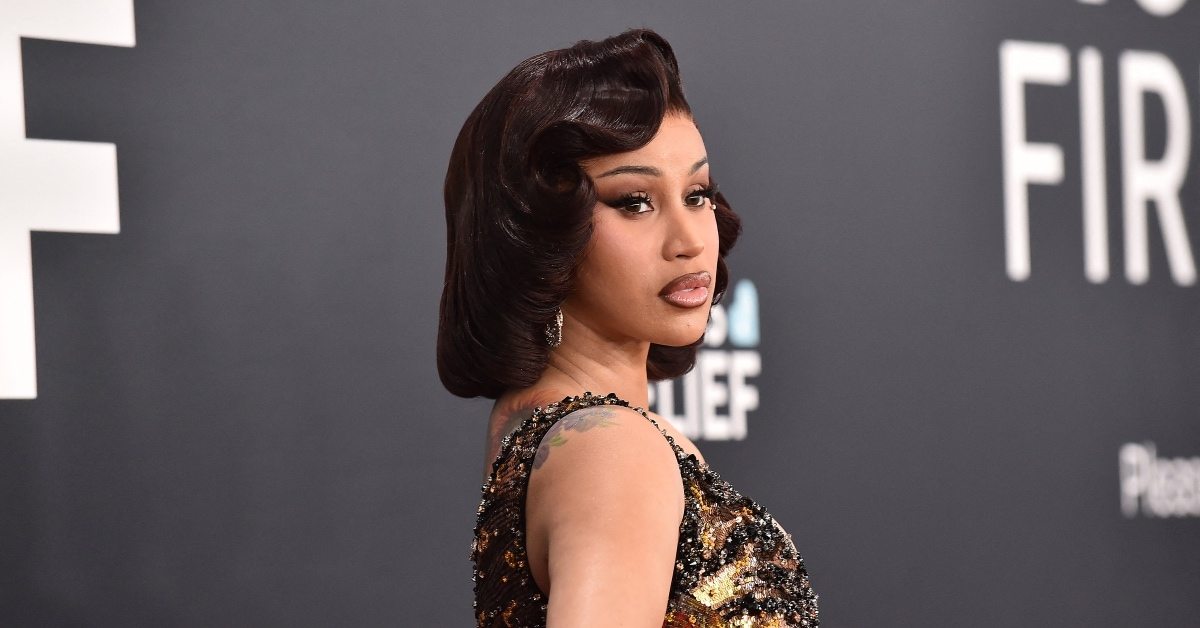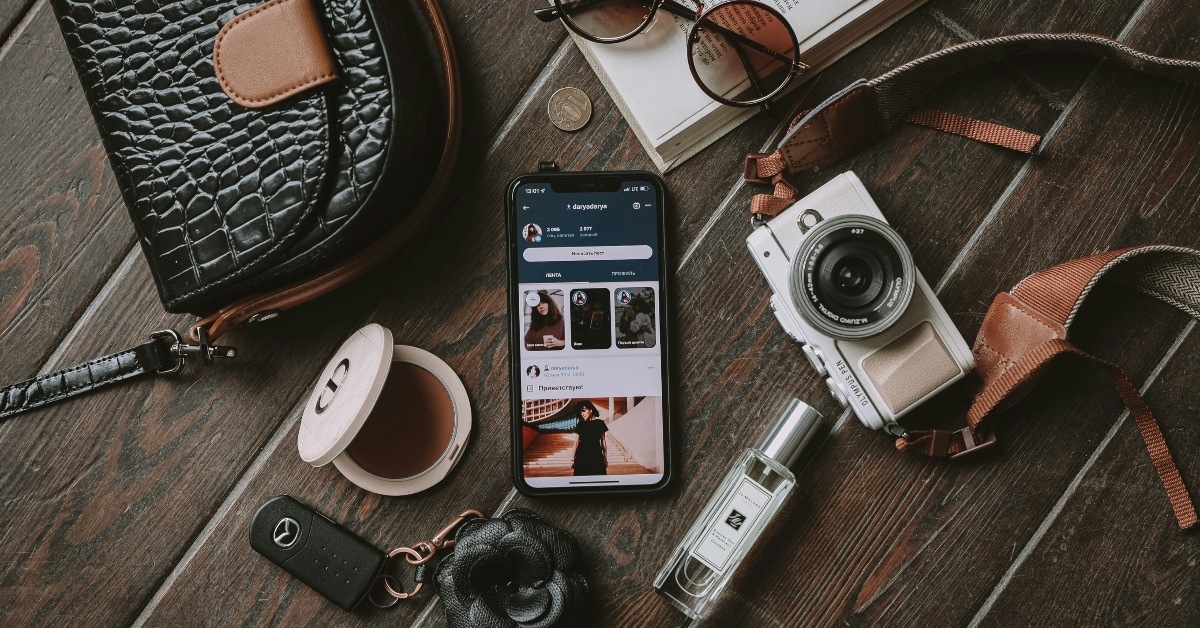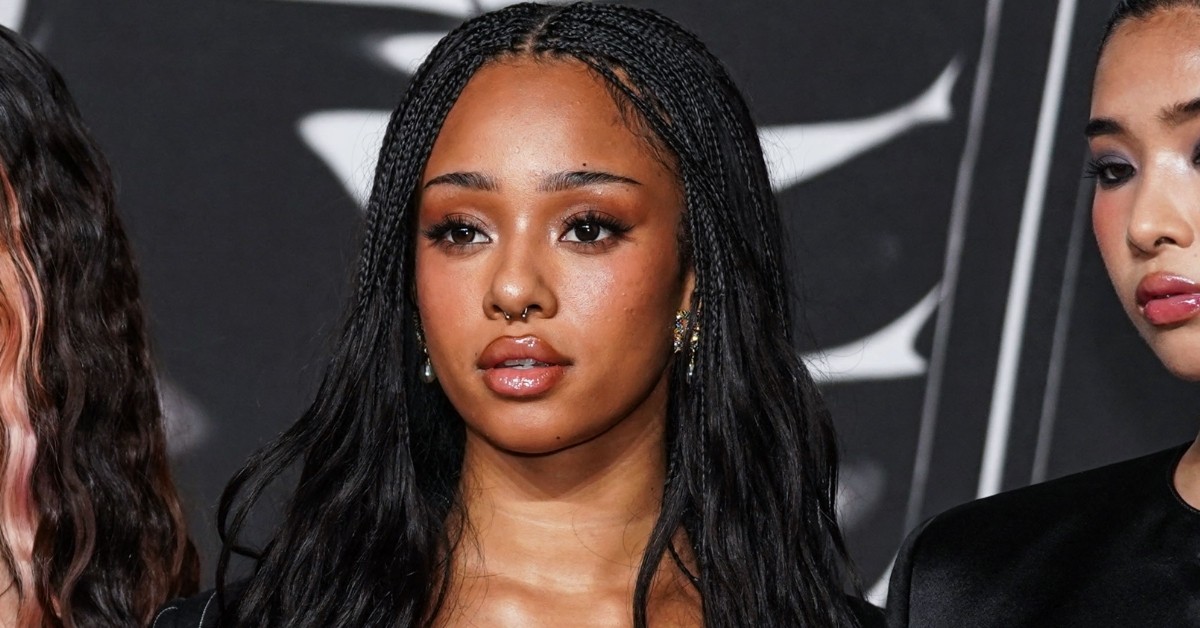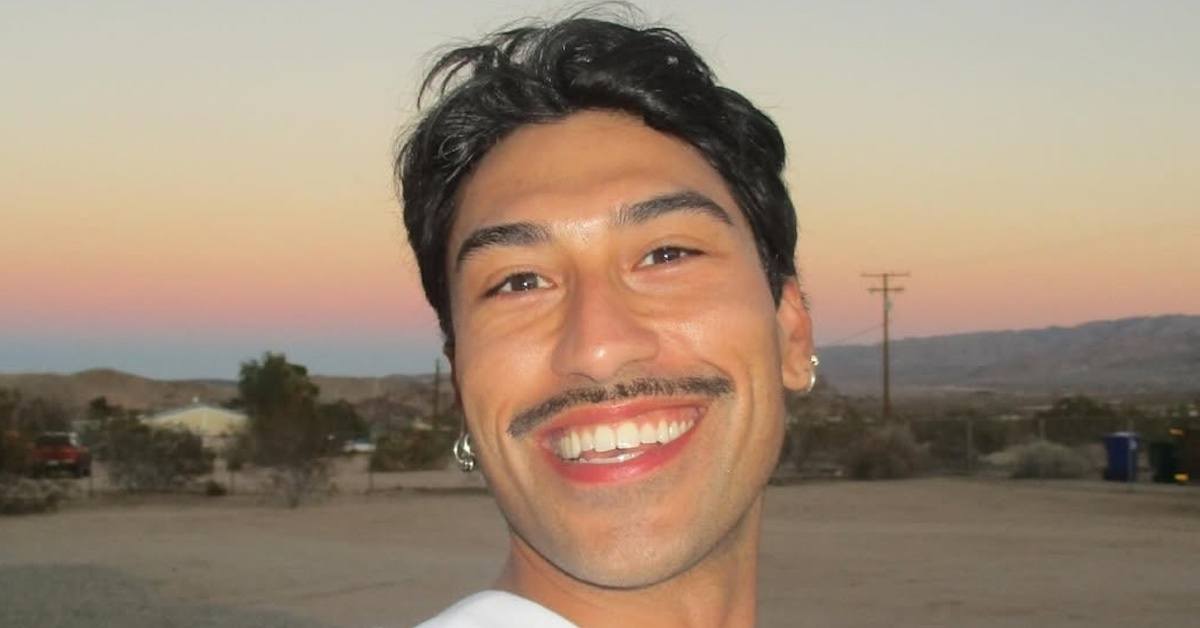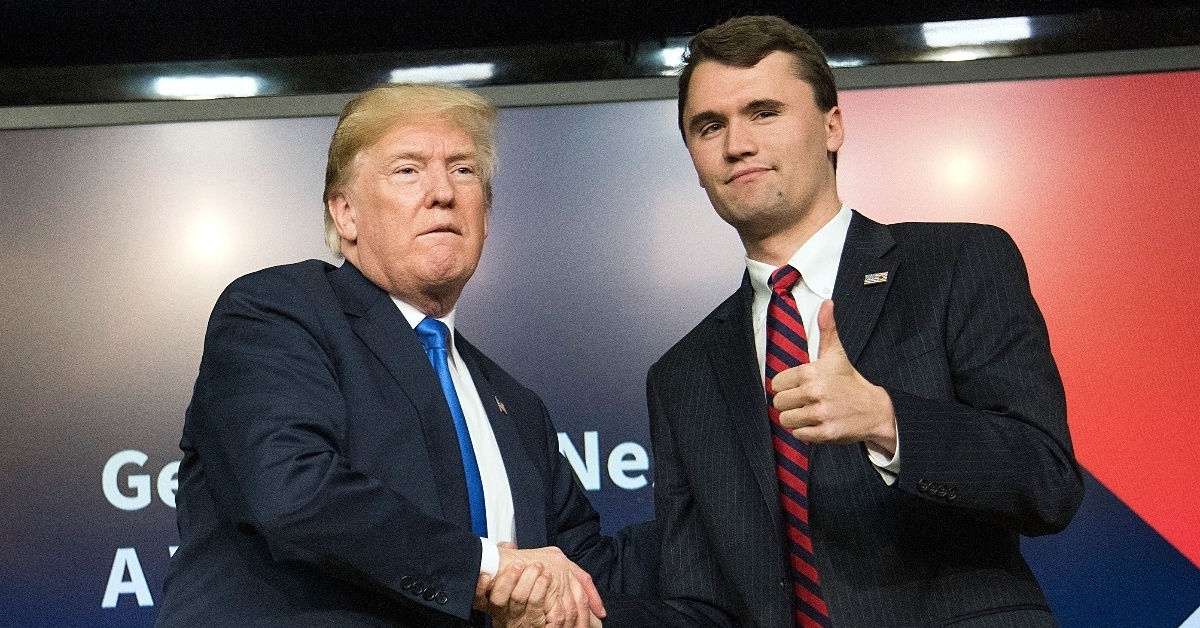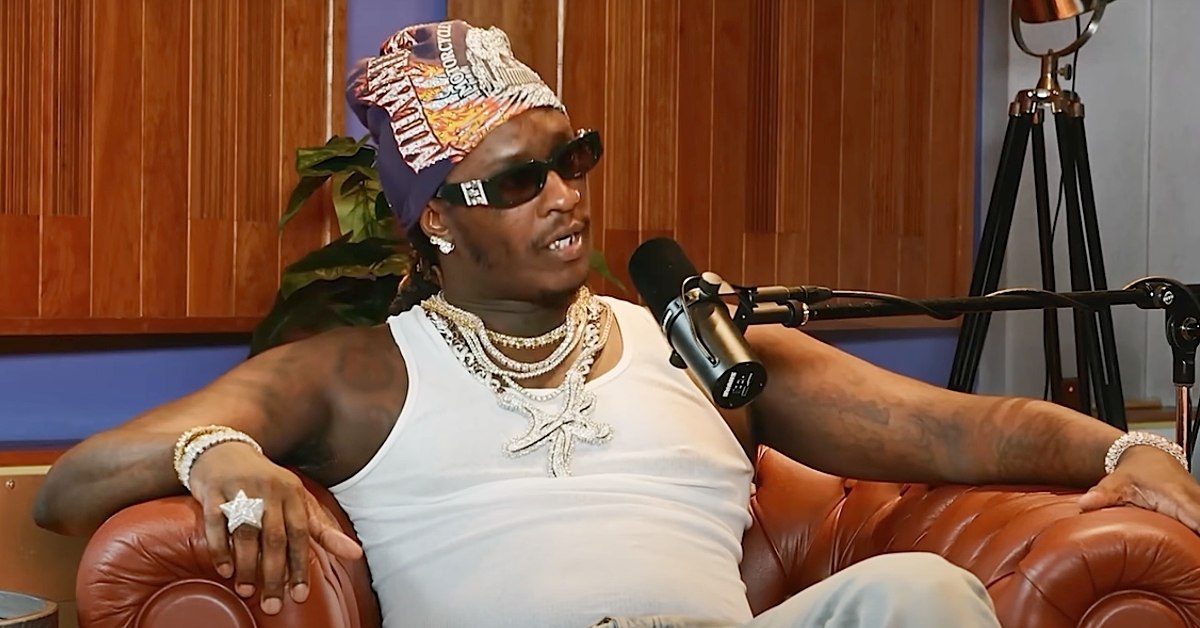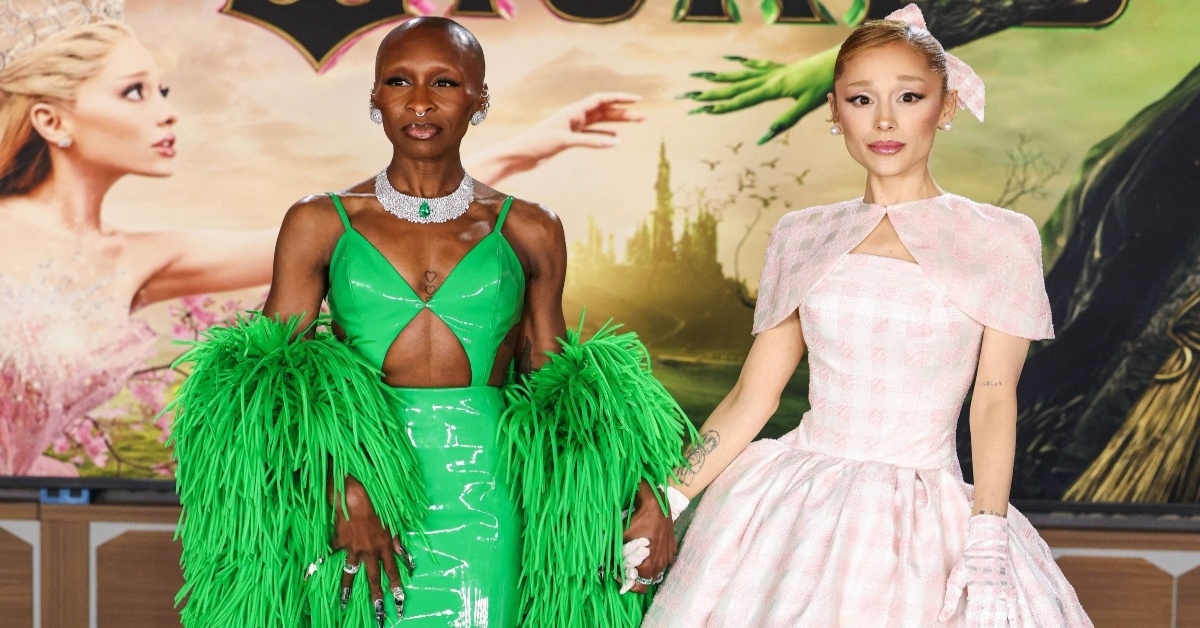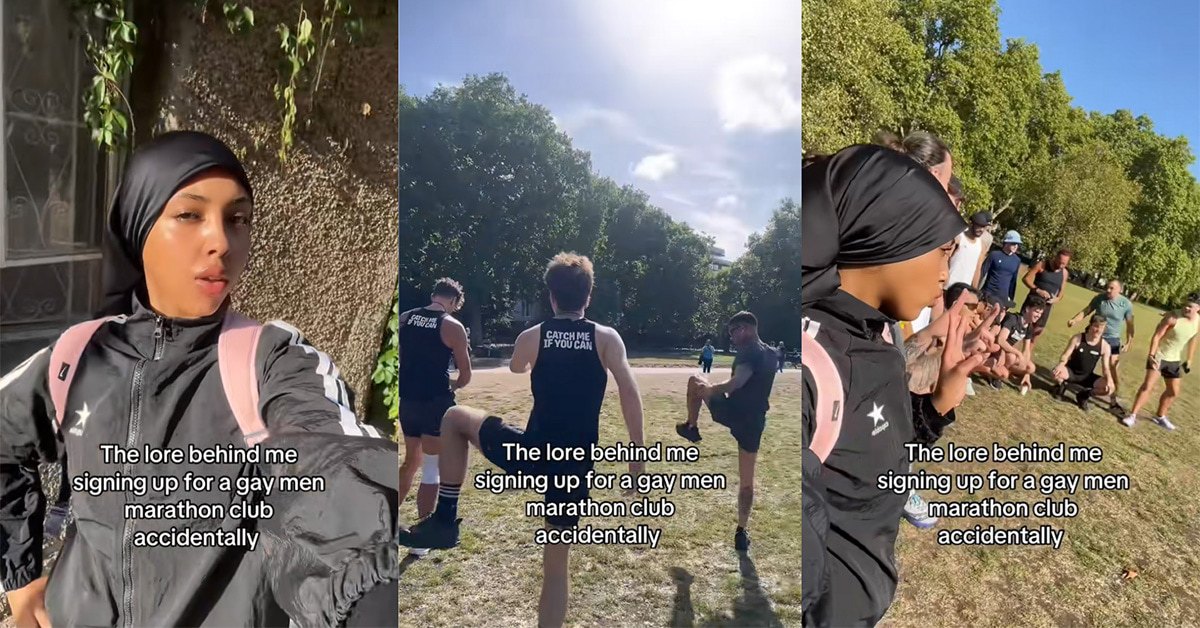BY: Walker
Published 4 years ago

Tesla has been ordered to pay almost $137 million to a Black former worker who said he suffered from racism and a hostile work environment at the company’s San Francisco Bay Area factory.
via: NPR
Owen Diaz, who worked as a contract elevator operator at Tesla’s factory in Fremont, Calif., from 2015 to 2016, said in his lawsuit that he and others were called the N-word by Tesla employees, that he was told to “go back to Africa” and that employees drew racist and derogatory pictures that were left around the factory.
The suit said Diaz was excited to go to work for Tesla, but that instead of a “modern workplace,” he found a “scene straight from the Jim Crow era.”
Diaz said that he complained about the discriminatory treatment to Tesla and the contracting companies Citistaff and nextSource, but that nothing was ever done to stop it.
“I’m gratified that the jury saw the truth and that they sent a message to Tesla to clean up its workplace,” Larry Organ, one of Diaz’s attorneys, told NPR.
The jury award included $130 million in punitive damages and $6.9 million in emotional damages, according to the verdict. Organ said he believed it was the largest award in a racial harassment case involving a single plaintiff in U.S. history.
“Owen and I both hope that this sends a message to corporate America to look at your workplace and, if there are problems there, take proactive measures to protect employees against racist conduct,” Organ added. “It is happening, and we need to do something about it.”
Valerie Capers Workman, Tesla’s vice president of people, said in a statement on the automaker’s website that witnesses at trial corroborated the fact that people used the N-word on the factory floor, but that those witnesses also said the word was often used in a “friendly” manner. Workman said that Tesla followed up on Diaz’s complaints, and that the staffing agencies fired two contractors and suspended another.
“While we strongly believe that these facts don’t justify the verdict reached by the jury in San Francisco, we do recognize that in 2015 and 2016, we were not perfect. We’re still not perfect. But we have come a long way from 5 years ago,” Workman said.
“The Tesla of 2015 and 2016 (when Mr. Diaz worked in the Fremont factory) is not the same as the Tesla of today,” she added.
Back in May, Melvin Berry, a former Tesla employee, won a $1 million judgment after a judge ruled that he was called racial slurs by supervisors and subjected to other racially hostile conduct.
